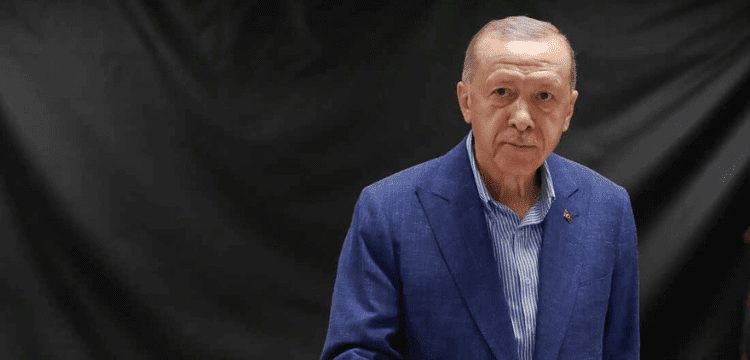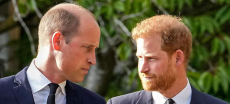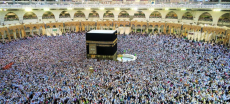[vc_row][vc_column][vc_column_text dp_text_size=”size-4″]ISTANBUL – President Tayyib Erdogan won Turkey’s presidential election on Sunday, extending his increasingly authoritarian rule into a third decade after defeating his toughest political challenge yet.
Erdogan addressed supporters from the top of an Istanbul bus, thanking them for voting and saying Turks had given him the responsibility of governing for the next five years.
“The only winner is Turkey,” he declared.
The official final results have yet to be released.
Erdogan’s challenger, Kemal Kilicdaroglu, who was backed by a six-party opposition alliance, made no immediate response to his victory speech.
Russian President Vladimir Putin congratulated Erdogan. In the Middle East, where he has asserted Turkish influence, at times with military force, he has received congratulations from the presidents of Iran and Algeria, as well as the Emir of Qatar.
The election was viewed as one of the most important in Turkey’s history, with the opposition believing it had a strong chance of unseating Erdogan after his popularity had been hit by the cost-of-living crisis.
Also Read: Alkhidmat Foundation receives prestigious Turkish Award from President Erdogan
Instead, victory will bolster his image of invincibility, after reshaping domestic, economic, security, and foreign policy in the NATO member country of 85 million people and establishing Turkey as a regional power.
Supporters gathered at his Istanbul home in anticipation of his victory, as data from both the state-run Anadolu news agency and the opposition ANKA news agency showed that he had won with nearly 99% of ballot boxes counted.
The head of the High Election Board had earlier told a news conference that Erdogan had 53.41% support, with 75.42% of ballot boxes counted.
Erdogan, the leader of the Islamist-rooted AK Party, used nationalist and conservative rhetoric to appeal to voters during a divisive campaign that diverted attention away from the country’s deep economic problems.
Kilicdaroglu’s defeat, which promised to put the country on a more democratic and collaborative path, would almost certainly be mourned in Western capitals concerned about his ties to Russia.
Across the Middle East, the prospect of five more years of Erdogan does not appear to be causing as much concern as it once did, after he reached agreements with several of the governments with which he had previously clashed.
Erdogan supporters chanted Allahu Akbar, or God is Greatest, outside his Istanbul residence.
“I expect everything to become better,” said Nisa, 28, a headscarved woman wearing a headband with Erdogan’s name.
Another Erdogan supporter said Turkey would get stronger with him in office for five more years.
“There are issues, problems in every country around the world, in European countries as well … With strong leadership we will overcome Turkey’s problems as well,” said the supporter who gave his name as Mert, 39, as he celebrated with his son.
Bugra Oztug, 24, who voted for Kilicdaroglu, blamed the opposition for failing to change. “I feel sad and disappointed but I am not hopeless. I still think there are people who can see the realities and truth,” Oztug said.
Erdogan’s performance has wrong-footed opponents who thought voters would punish him over the state’s initially slow response to devastating earthquakes in February, in which more than 50,000 people died.
But in the first round of voting on May 14, which included parliamentary elections, his AK Party emerged top in 10 of the 11 provinces hit by the earthquakes, helping it to secure a parliamentary majority along with its allies.[/vc_column_text][/vc_column][/vc_row]











